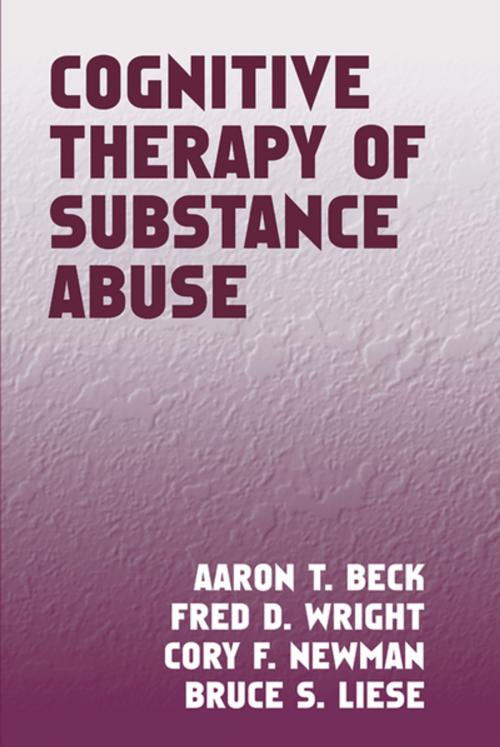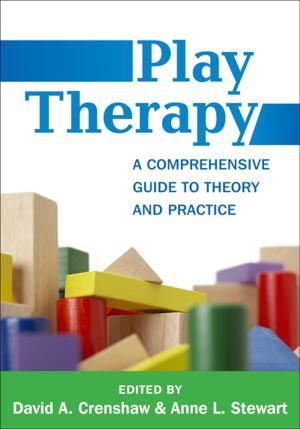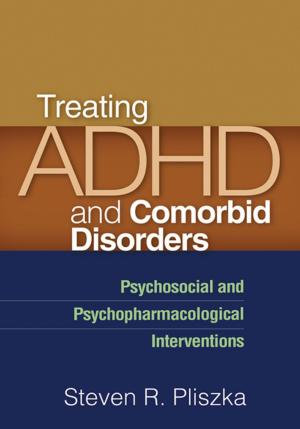Cognitive Therapy of Substance Abuse
Nonfiction, Health & Well Being, Psychology, Addictions, Social & Cultural Studies, Social Science, Social Work, Medical, Specialties, Psychiatry| Author: | Aaron T. Beck, MD, Fred D. Wright, Cory F. Newman, PhD, Bruce S. Liese, PhD | ISBN: | 9781462504329 |
| Publisher: | Guilford Publications | Publication: | November 18, 2011 |
| Imprint: | The Guilford Press | Language: | English |
| Author: | Aaron T. Beck, MD, Fred D. Wright, Cory F. Newman, PhD, Bruce S. Liese, PhD |
| ISBN: | 9781462504329 |
| Publisher: | Guilford Publications |
| Publication: | November 18, 2011 |
| Imprint: | The Guilford Press |
| Language: | English |
Cognitive therapy offers a well-documented and cost-effective psychosocial treatment model for working with substance abuse disorders. Comprehensive and accessible, this volume clearly details the cognitive model of addiction, the specifics of case formulation, management of the therapeutic relationship, and the structure of the therapy sessions. It discusses how to educate patients in the treatment model and procedures and manage their cravings and urges for drugs and alcohol. Specific cognitive and behavioral strategies and techniques are described in detail, as are methods for understanding and working with patients who present concomitant problems of depression, anxiety, low frustration tolerance, anger, and personality disorders. Also addressed are such significant issues as crisis management and relapse prevention. Enhancing the utility of the volume are appendices featuring sample client inventories and checklists. These forms are designed to help the clinician identify targets for intervention, track progress over time, and develop an individualized relapse prevention plan for each client.
Cognitive therapy offers a well-documented and cost-effective psychosocial treatment model for working with substance abuse disorders. Comprehensive and accessible, this volume clearly details the cognitive model of addiction, the specifics of case formulation, management of the therapeutic relationship, and the structure of the therapy sessions. It discusses how to educate patients in the treatment model and procedures and manage their cravings and urges for drugs and alcohol. Specific cognitive and behavioral strategies and techniques are described in detail, as are methods for understanding and working with patients who present concomitant problems of depression, anxiety, low frustration tolerance, anger, and personality disorders. Also addressed are such significant issues as crisis management and relapse prevention. Enhancing the utility of the volume are appendices featuring sample client inventories and checklists. These forms are designed to help the clinician identify targets for intervention, track progress over time, and develop an individualized relapse prevention plan for each client.















